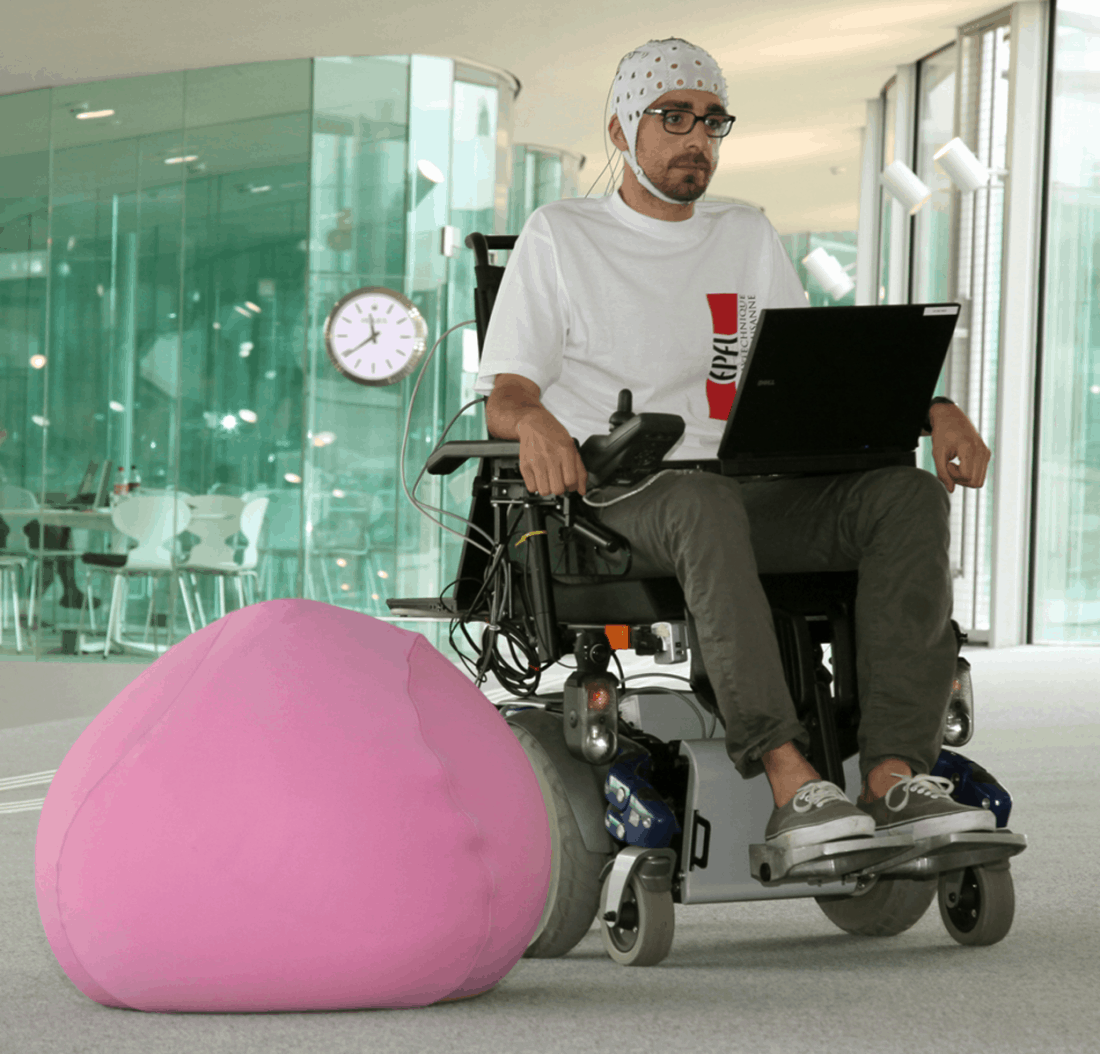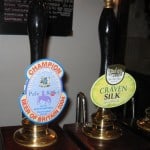CNS 2015 Press Release March 30, 2015 – San Francisco – Neuroscientists are taking inspiration from natural motor control to design new prosthetic devices that can better replace limb function. In new work, researchers have tested a range of brain-controlled devices – from wheelchairs to robots to advanced limbs – that work with their users […]
Babies Learn Language Socially
“It has to be social.” That’s the advice Patricia Kuhl gave to me and another CNS 2015 attendee following her riveting talk about language development. It doesn’t matter exactly when you introduce a new language to a child under 7, she said, as much as it matters that the learning is in a social setting. […]
Rats, Reasoning & Rehabilitation: Neuroscientists are Uncovering How We Reason
CNS 2015 Press Release March 29, 2015 – San Francisco – Even rats can imagine: A new study finds that rats have the ability to link cause and effect such that they can expect, or imagine, something happening even if it isn’t. The findings are important to understanding human reasoning, especially in older adults, as […]
5 Lessons from the Neuroscience of Art and Aesthetics
The packed CNS 2015 keynote on the neuroscience of art and aesthetics was full of big ideas. Here are 5 to ponder: Beauty exists within the realm of aesthetics but also doesn’t always overlap with art. #CNS2015 — Nick Wan (@nickwan) March 28, 2015 To kick off his keynote lecture, Anjan Chatterjee of the University […]
Linking the Past to the Future Through Memory
Our past, present, and future are intimately linked by our memories. Scientists know now that the same brain processes we use to remember the past, also help us plan for the future and imagine different possible scenarios. Recent research even suggests that in depressed people, impaired memory not only makes it difficult for remember past […]
Building Your Brain’s Smell Library
Guest Post by Lisa Qu, Northwestern University Beer and neuroscience – an unlikely combination, you might think, for anything other than a collegiate shooting the breeze over drinks. But in my field of study – olfaction – they can be tightly intertwined. I work to uncover the neural mechanisms of how we learn about a […]
From Snow Days to Car Buying, Do People Make Good Decisions?
33 School superintendents along the U.S. East Coast had a daunting decision to make this week: With a massive winter storm forecasted, they had to weigh whether to keep the schools open or to close in anticipation of the poor weather. Many factors go into the decision, such as temperature and anticipated snowfall, but there are also […]
Conformity Can Be Good for Your Eating Habits
Cookie or apple? Many of us would choose the cookie if we were by ourselves. But what about around others? If you have ever been at, say, a conference where you see many of your peers choosing an apple, you might choose one as well. New research suggests that this behavioral change also happens on […]
One Foot in Psychology and One in Biology
Q&A with Marta Kutas Marta Kutas has been smitten from the beginning with ERPs – event-related potentials, measures of electrical activity in the brain. She calls them “temporally exquisite instruments for investigating what the brain does – loosely, the mind.” Kutas, a cognitive neuroscientist at the University of California, San Diego, is this year’s recipient […]
Michael Gazzaniga on the Hard Work of Brain Science
“The memorable peaks in life come scattered among the many hard and often dreary days of work.” -Michael Gazzaniga In an interview with National Geographic on the occasion of his new book, Michael Gazzaniga, a founder of CNS, talks about his work on the “split brain,” his early years at Caltech, the nature of consciousness, […]











